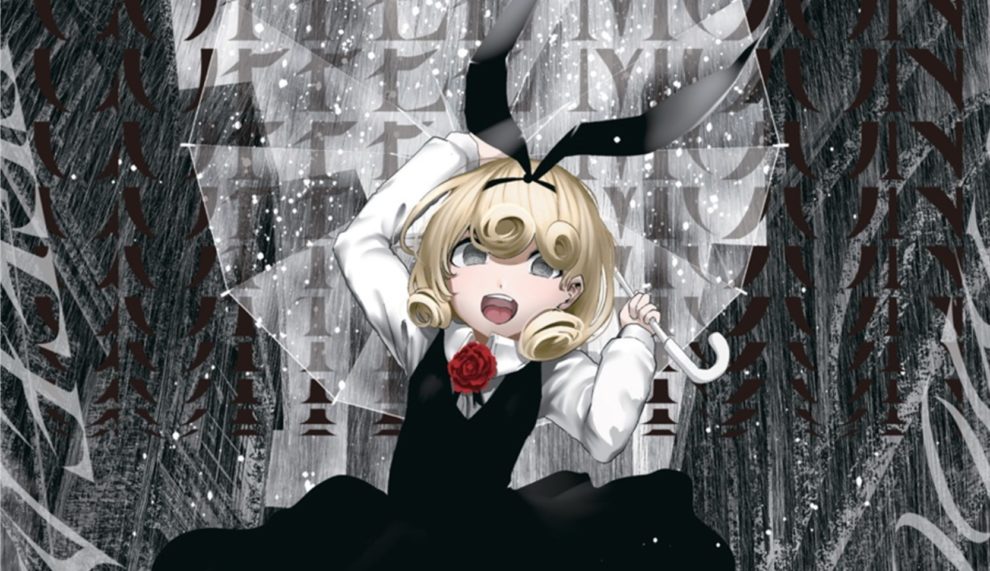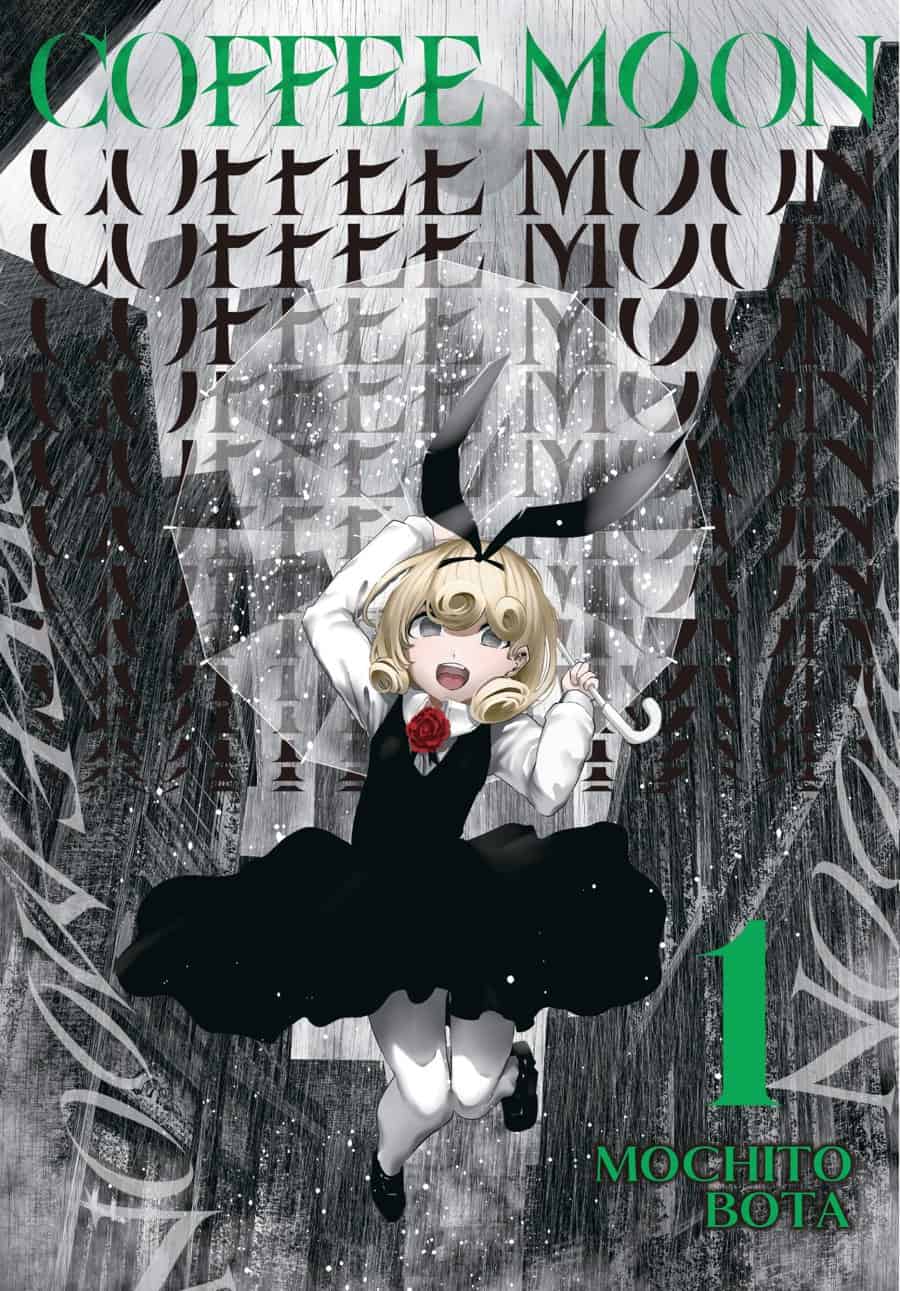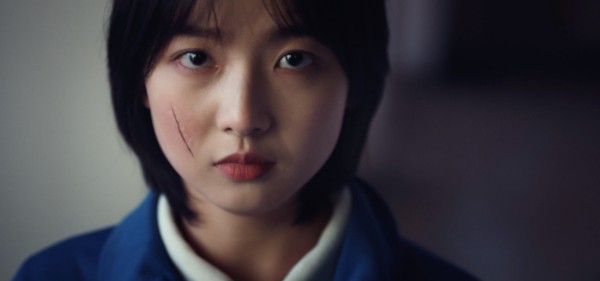“Pieta, a normal girl, leads a normal, uneventful life in a world of constant black rain. As the rain pours down, like it always does, she takes her usual route to school and has a pleasant conversation with her friend Danae. This is what every day is like for Pieta, and she takes a sort of everyday satisfaction from her totally normal life. But then her typical, pleasant conversation with Danae…doesn't happen.” (Yen Press)
Building a world of intrigue in a dystopian culture, Mochito Bota's “Coffee Moon” offers a complimentary mix of mystery, drama, and comedy. This is all centered around a ‘groundhog day' scenario where characters are forced to live the same day over and over. The reasoning behind this has yet to be seen, but the concept does not feel overdone under the storytelling ability of Mochito Bato. Instead, the reader is left with a strong desire to unravel the mystery behind the predicament two friends find themselves in.
For now, the mystery behind what is causing the cyclical repetition remains ominous and the focus is instead on Bota's ability to create interesting characters. The main protagonist, Pieta, is wonderfully charming and purposely aloof. Combine this with strong morality and the young woman is instantly endearing. Having already lived the same day over 1,000 times, she manages to keep a sense of duty to those around her by keeping appointments and helping those in need. While it is hinted that she has used the opportunity in the past to try certain things out of her comfort zone, her settling into a routine around the lives of those she loves is peculiar yet admirable. Furthermore, her innocence feeds into the book's comedic moments, which adds to the many reasons Pieta is an endearing persona.
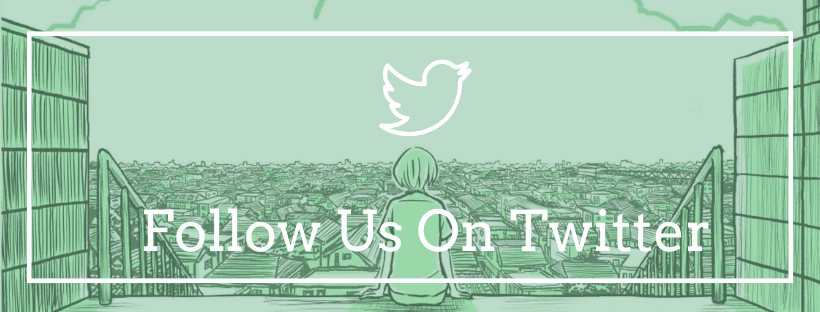
Visually, the series has a pronounced visual style that manages to inject kawaii fashion and large personalities into an otherwise grim world. While this mix can feel forced in other series where the two don't seem relatable, Bota's world-building feels consistent and elements such as fashion feel integrated into the identity of the world as opposed to a means to add flair. This is slightly hard to quantify, but the elements that normally would be at odds with each other are strewn together seamlessly under the direction of Bota, resulting in a project that feels both alien and familiar, lived in yet desolate. The biggest takeaway from volume 1, if any, is Bota's talent for melding various elements into a cohesive experience.
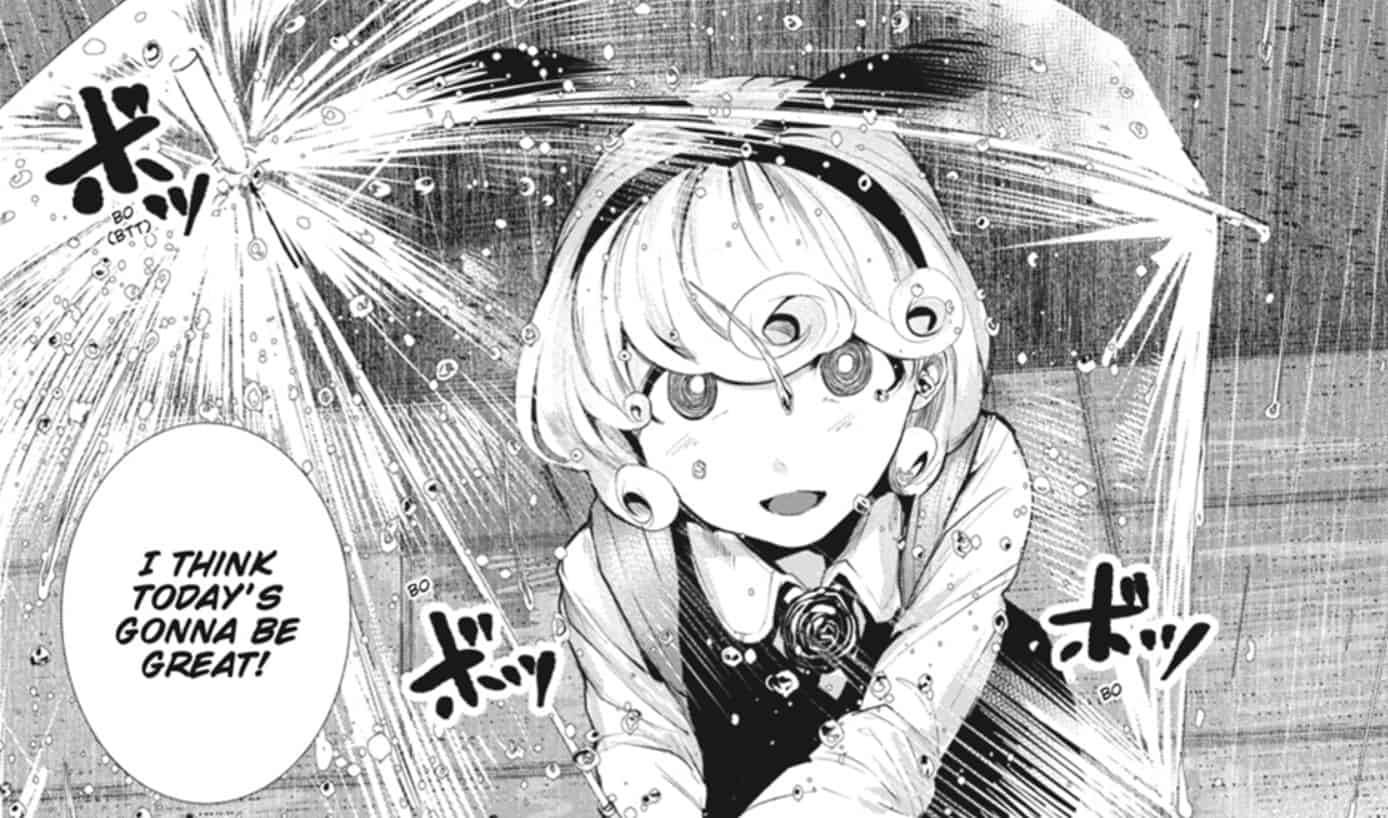
The strength of the visuals is apparent in the release from Yen Press, printed in a lightly larger format and containing a few opening pages colored. While not always a matter of guaranteed story quality, the publisher seems to understand when they have a series with a strong visual presence that would benefit from these larger print releases. This also helps to capture the minute details, such as Bota's oddly chaotic eyes that manage to make frantic swirling appear cute.
“Coffee Moon” leaves many questions unanswered in its inaugural release, which will leave readers slightly hesitant about the staying power of the series as later volumes will be the ones to define the story and themes. However, the world-building, backed by a strong defined visual style, is deeply intriguing and the dialogue is an engaging mix of drama and comedy acting complimentary to one another. Consequently, “Coffee Moon” is easy to recommend starting to collect from volume one, but those cautious about what they pick up may want to wait for a few volumes.


